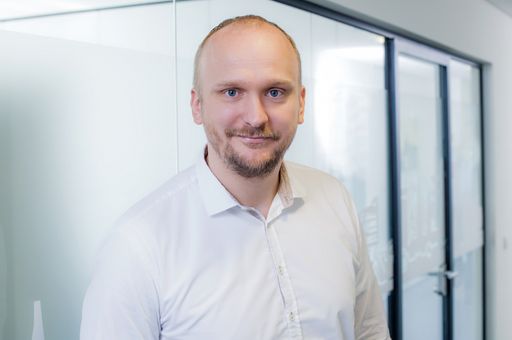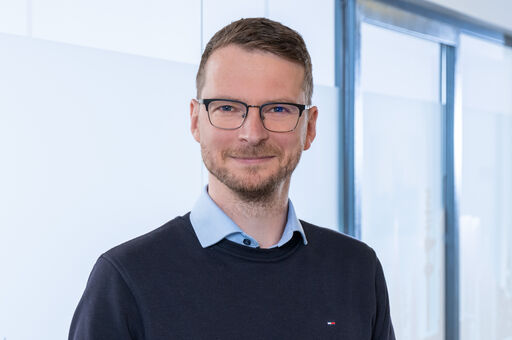Essential results: Open application range (open scope) including 6 device categories; stepwise increase of the collection and recycling rates; national manufacturer term including national registration; company representative for distance selling and standard exports; partial take-back obligation for commerce; change in burden of proof when exporting in order to protect the material against illegal shipment.
Berlin/Hamburg – In the fourth trialogue between the representatives of the European Parliament (EP), the member states and the EU commission on December 21st, 2011 it was possible to reach an agreement on the WEEE amendment (recast directive of the council regarding Waste Electrical and Electronic Equipment). The council and the European Parliament have to agree on the compromise text during the first quarter of 2012. 20 days after their probable publication in the mid of 2012, the WEEE recast will come into force and latest 18 months after the publication it will become national law – in Germany it will be implemented with an amendment of the Electrical and Electronic Equipment Act (ElektroG). A revised version should mainly help to increase the collection quantities and the recycling of waste electrical equipment and stem the illegal export. The following points have to be mentioned as an essential result of the trialogue:
Application range (open scope)
The application range including ten device categories which had been concluded up to now will remain into force for six years as transitional agreement after taking effect. Upon expiry of the transitional agreement there will be an open application range including six device categories. Thus, in the future all electrical and electronic devices are included in the application range of the WEEE guideline – with a few exceptions. Not later than three years after coming into force, the application range will be reviewed – among other things regarding the delimitation criteria between small or large devices.
Collection and recycling rates
Not the manufacturers, but the member states are obliged to comply with the collection rates. Four years after taking effect, it is necessary to attain a minimum collection rate of 45 percent on the basis of the devices which had been placed on the market; seven years after taking effect it is necessary to attain 65 percent on the basis of the devices which had been placed on the market or alternatively 85 percent on the basis of the generated waste of used devices.
Manufacturer term and national registration
Up to now the national manufacturer term (definition of producer) respectively the national registration is maintained further on. However, the companies can determine a legal representative (commissioner) instead of a subsidiary for the purpose of the national registration of the distance selling and/or the standard export of their devices in each member state to which they are selling their products. However, it is required that the manufacturer has a registered office in another EU country. In the future, the Internet trade will also be included with this regulation.
Take-back obligation for the commerce
The representatives of the member states and of the EU Parliament agree upon a general take-back obligation for waste electrical and electronic equipment in the retail sector; but the consumer will not be obliged to buy a new device at the same time. This take-back obligation should only obtain for small appliances which are not larger than 25 centimetres. Furthermore, shops should only be obliged to take back devices if they have a sales area of more than 400 square meters. Smaller retail stores and shops of craftsmen shall not be concerned by this regulation.
Change in the burden of proof against illegal export
In order to efficiently fight the illegal shipment of waste electrical equipment in the future, the exporter has to proof that the device is usable in case of controls due to changes in the burden of proof – the customs office is no longer responsible to prove the contrary.
Data collection
In the future, the member states shall make sure data are collected in the final treatment plants (output data collection).
The team of take-e-way will be at your disposal at any time for any questions regarding the recast of the WEEE directive under the phone number +49/40/750687-111 or under info@take-e-way.de.
Source: DIHK/EUWID Recycling
Please find attached the draft on the position of the council at first reading with view to the adoption of the directive of the European Parliament and of the council on waste electrical and electronic equipment (WEEE Recast) in your own first language:


